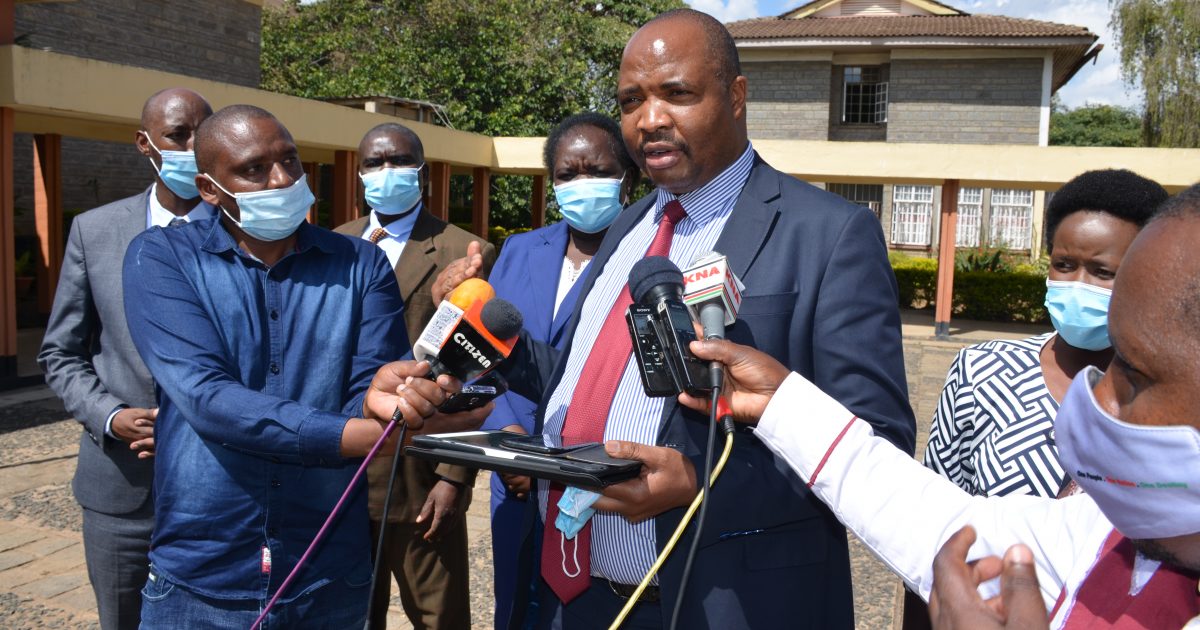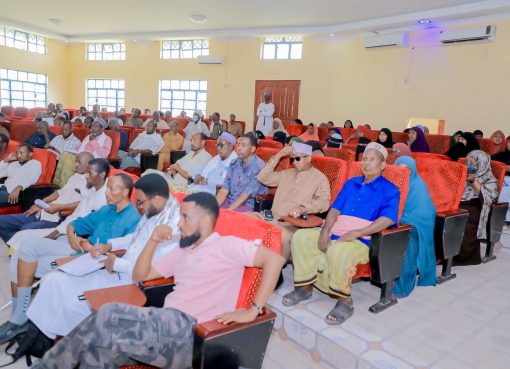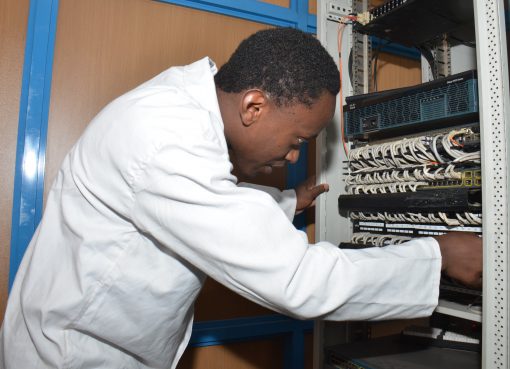University scholars are rooting for quality research in project writing that will impact positively on the society living in their environs.
Speaking Thursday in the training organized by the National Research Fund (NRF), Deputy Vice Chancellor in charge of Academics and student affairs Professor Bulitia Godrick Mathews said the main aim of the training is to enhance a research capacity to improve quality of proposals submitted for funding.
Professor Mathews observed that the full mandate of the universities cannot be achieved if they were not properly guided on the quality of research work.
The three-day training at the Maasai Mara university brought together researchers and academic staff from five universities within the region namely, Kabianga University, Bomet University College, Kenya Wildlife Services (KWS) and Egerton university.
“The mandate of the universities cannot be achieved if we are not appropriately guided to be able to enhance the competitiveness of attracting funds,” he said.
He reiterated that many entities are good at attracting funds but do not know how the funds can be utilized to impact positively on society.
“The most important thing is what the research fund will do, not only to the institution but also to the society at large. Because the people living around the universities must also enjoy the benefits that come with the university,” said Professor Mathews.
He lamented that because of lack of knowledge on how to commercialize research and innovations, many innovations done at the university are taken by foreigners who reap huge profit from other people’s work.
The DVC said the university was ranked number 19 last year in the ranking web of universities in the country, an improvement from previous years where the university was ranked position 32 and 25.
“The Maasai Mara University is hoping to score a better position in this year’s ranking. The ranking is in terms of invisibility and accessibility that the university is causing in their academia arena and the impact it is creating in the society,” said the professor.
The Maasai Mara director of research and innovations Dr. Osana Alloys said the training will go a long way in improving skill competences in areas of research, innovations and research output.
He observed the communities consume research outputs, which are in the form of innovations and developed later into prototypes.
The NRF representative Dr. Salome Guchu reiterated that the purpose of the training is to boost capacity building in the region to produce quality research output in the market.
By Ann Salaton





